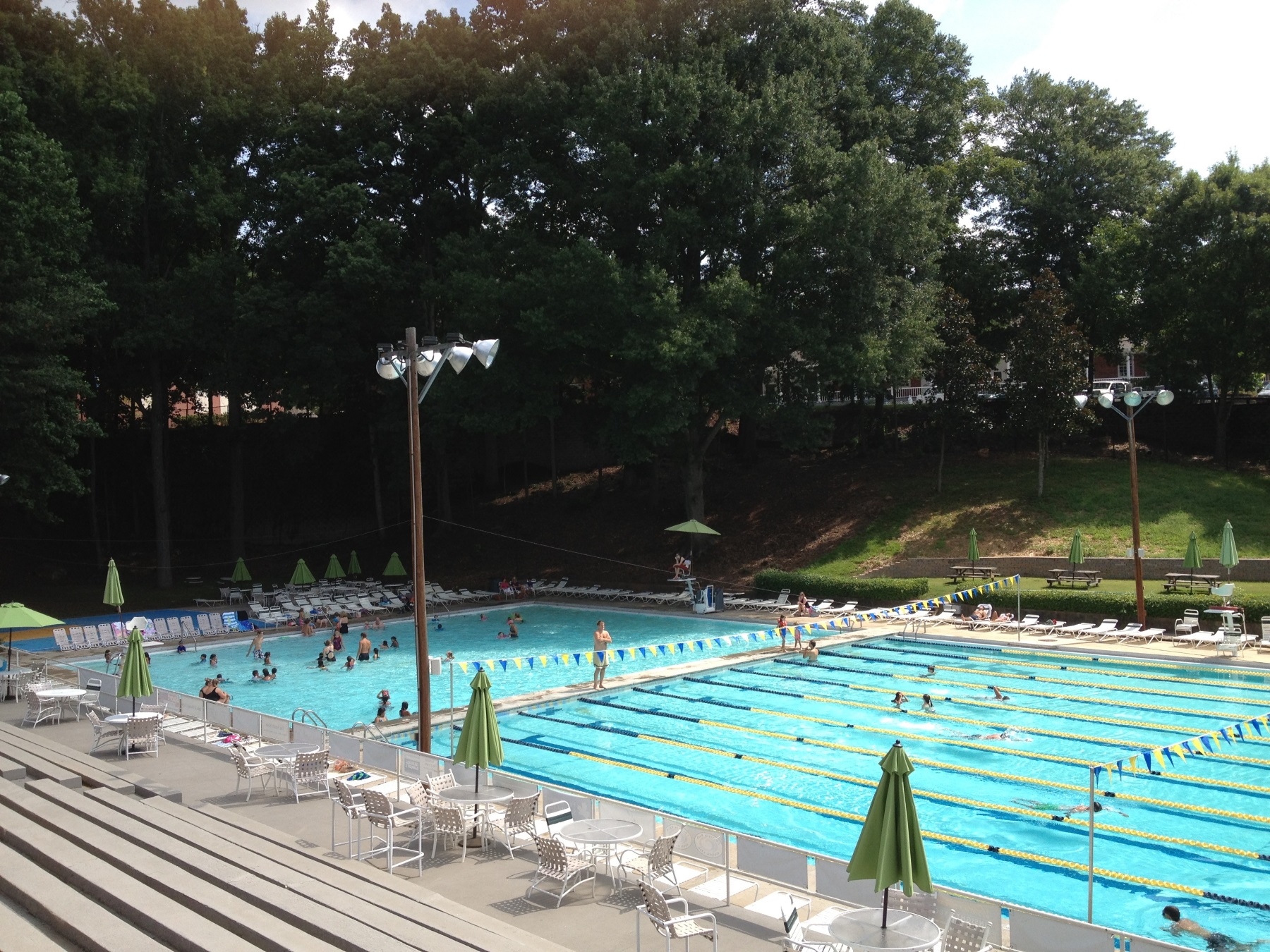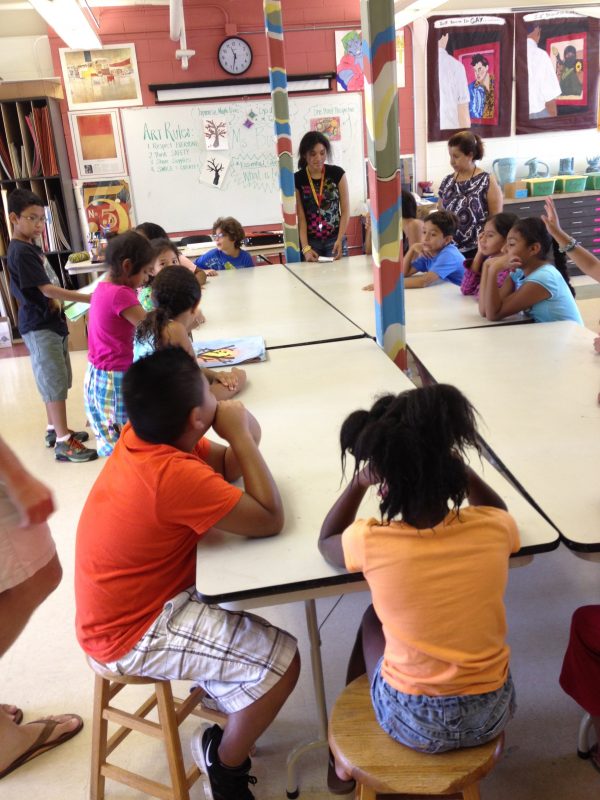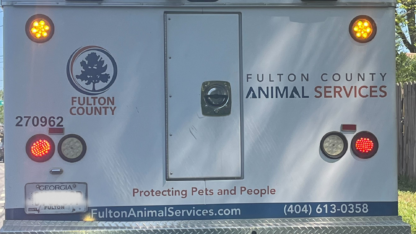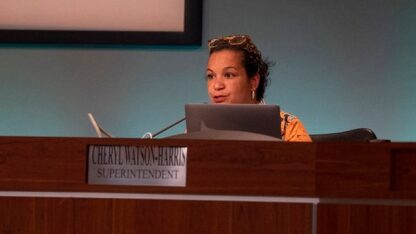Program Aims to Reduce Summer Learning Loss

Learning to swim is a key part of Horizons Atlanta’s program. In the summer of 2012, Horizons students at Holy Innocents Episcopal School swam at the Chastain Park pool.
Martha Dalton / WABE
It’s a Thursday in July at the Chastain Park pool in Buckhead. And though it may seem like summer camp, this is actually a school. Horizons is a six-week summer learning program. Today, swim coordinator Whitney Warren is coaching seven-year-old Cindy, who used to be afraid of the water, but now enthusiastically jumps in.
Horizons serves low-income students. Dana Rickman is the director of policy and research for the Georgia Partnership for Excellence in Education, a non-partisan education think tank. Rickman says research shows those children have a bigger disadvantage when it comes to retaining information over the summer.

“In reading and language arts for higher-income kids they lose about one month of grade-level equivalency,” Rickman says, “But for lower-income kids, they lose approximately three months per summer of grade-level mastery of skills.”
That’s what programs like Horizons try to tackle. And today, Warren is about to offer her students a break. Facing a group of students, she announces they will have free time in the pool. But as her pupils cheer, Warren explains there is still some work involved.
“To be allowed to get in the deep end and go on the diving board, you have to swim a whole lap in the middle part of the pool,” she says.
That’s a length of 25 yards. Warren says some kids go from not knowing how to swim to finishing that lap during the six-week period.
When swim class is over, the kids board a bus that takes them back to class. Their summer campus is at Holy Innocents Episcopal School in Sandy Springs. There, 5th grader Brian Sotto explains the benefit of the swim program.
“It helps you a lot in swimming,” he says. But then elaborates, “..by not drowning.”
That’s a more-critical lesson than you might think, according to Lorna Smith, the CEO of Horizons National.
“Drowning’s the leading cause of death for minority children,” Smith says, “So all of our kids are coming to the pool are really afraid.”
Confronting that fear, Smith says, translates to success in the classroom.
“They’re building trust for adults that are in the pool with them,” she explains, “And they’re also learning that they can take a risk and overcome fear, and that spills into the classroom work too.”
And the program is seeing results. Instead of losing ground during this summer, on average, Horizons Atlanta students doubled their language skills and showed two months-worth of progress in reading. 83% of those students return each summer, to swim and study some of the classics.
Horizons isn’t alone. Other programs, such as Breakthrough Atlanta and BELL, also run successful summer learning programs in Georgia. One of the drawbacks of programs like these is it’s hard for them to keep up with the demand. Horizons, for example, has such a high retention rate that they rarely accept new students. Scott Tucker is the executive director of Horizons Atlanta. He says the waiting list for kindergarten is more than twice as large as the kindergarten class.
“It’s frustrating to me to have a waiting list that’s that long with such a small chance of getting off of it,” Tucker says.
Horizons Atlanta serves 234 students in the Fulton County Schools. By comparison, there are more than 93,000 students in the district.








